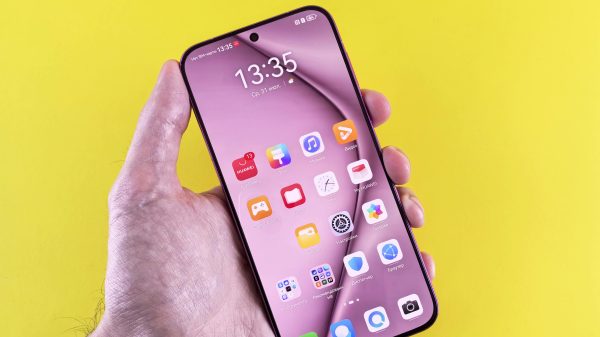Introduction
Rivers of ink have been spilled on how readers’ consumption trends have been changing, with special emphasis on the very format of books and the stellar landing of the e-book in our daily lives. This medium can have multiple advantages (it would be enough for a whole post on the subject), although, if I may, I would like to say that I am still in love with the paper format: feeling the weight of the book, turning the pages or the smell itself become unique and unrivalled sensations.
However, there is another issue that is perhaps less talked about. How present are technological advances and the telecommunications sector itself in the plots? Do they influence the future of the story in particular? Do new fiction authors take into account the drastic changes of recent years? The answer is definitely yes. So much so that, even when the technology itself did not exist, it is still true that a good number of technological advances have their origins in some work of science fiction. We may have seen it more recently (and obviously visually) in the film industry, but in the literary aspect we have been working on it for centuries. As a reader, many of Jules Verne’s works are the first to instantly emerge in my subconscious, which, like many others before and after those of the famous French author, have served as inspiration for what has come after.
The rise of technology
On the other hand, we already have tens of thousands of texts (novels, short stories and almost any literary genre you want to tackle) in which references to platforms such as WhatsApp, Facebook and even the use of mobile phones themselves are present on a daily basis. In fact, there are (increasingly) numerous plots whose central axis revolves around the Internet, social networks, and the impact they have on people and their environments. The list is as long as the technology or the specific system that we want to deal with. For example, nowadays, when we are faced with a text that deals with a police investigation, it is impossible not to take into account what the latest technological advances bring to the investigation processes: security cameras, triangulation of mobile antennas as a tracking method, checking telematic devices and so on, a long list that is growing day by day.
Conclusions
However, from a strictly literary point of view, where is the balance between explaining something that could be new to part of the audience, but without being too technical or falling into the temptation of getting us into a particularly tedious mess? Is the author going overboard with the explanations to the point of boring the reader and losing sight of what is really important? Here, everyone has their own way of resolving this and all are perfectly valid, but as a reader I will always prefer the story, the characters and the emotion to take precedence over knowing the way in which a person has been located by triangulation of mobile antennas with the technical rigmarole that this entails.
In short, literature has coexisted since its inception with the technology and communications of the moment, in many cases being one or several steps ahead of both. The most curious thing is that, despite the amount of progress that takes place in a world like today’s, the imagination is usually ahead of it, so this will probably continue to be the case for at least a few more centuries.









